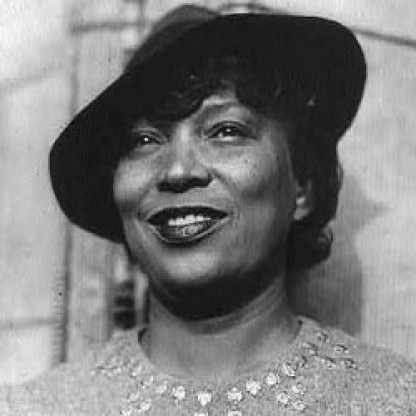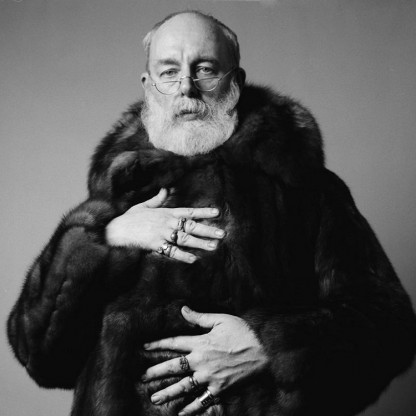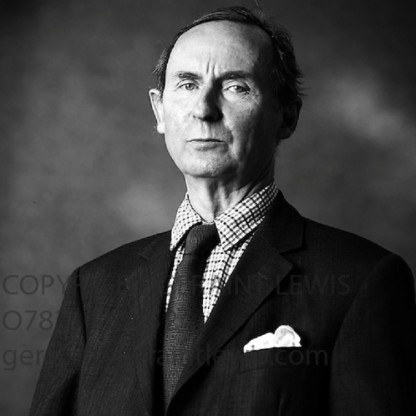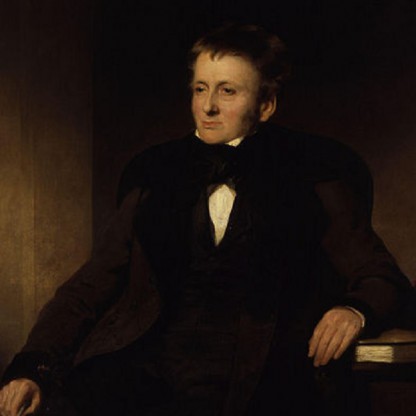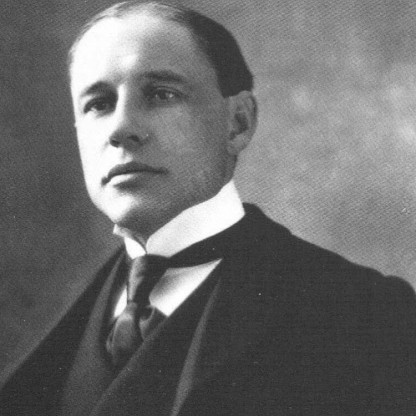Thanks to the increase of general reason, to the light of philosophy, to the inspiration of Christianity, to the progress of the idea of justice, of charity, and of fraternity, in laws, manners, and religion, society in America, in Europe, and in France, especially since the Revolution, has broken down all these barriers, all these denominations of caste, all these injurious distinctions among men. Society is composed only of various conditions, professions, functions, and ways of life, among those who form what we call a Nation; of proprietors of the soil, and proprietors of houses; of investments, of handicrafts, of merchants, of manufacturers, of formers; of day-laborers becoming fanners, manufacturers, merchants, or possessors of houses or capital, in their turn; of the rich, of those in easy circumstances, of the poor, of workmen with their hands, workmen with their minds; of day-laborers, of those in need, of a small number of men enjoying considerable acquired or inherited wealth, of others of a smaller fortune painfully increased and improved, of others with property only sufficient for their needs; there are some, finally, without any personal possession but their hands, and gleaning for themselves and for their families, in the workshop, or the field, and at the threshold of the homes of others on the earth, the asylum, the wages, the bread, the instruction, the tools, the daily pay, all those means of existence which they have neither inherited, saved, nor acquired. These last are what have been improperly called the People.
- Atheism Among the People, by Alphonse de Lamartine 1850 p. 19-20


